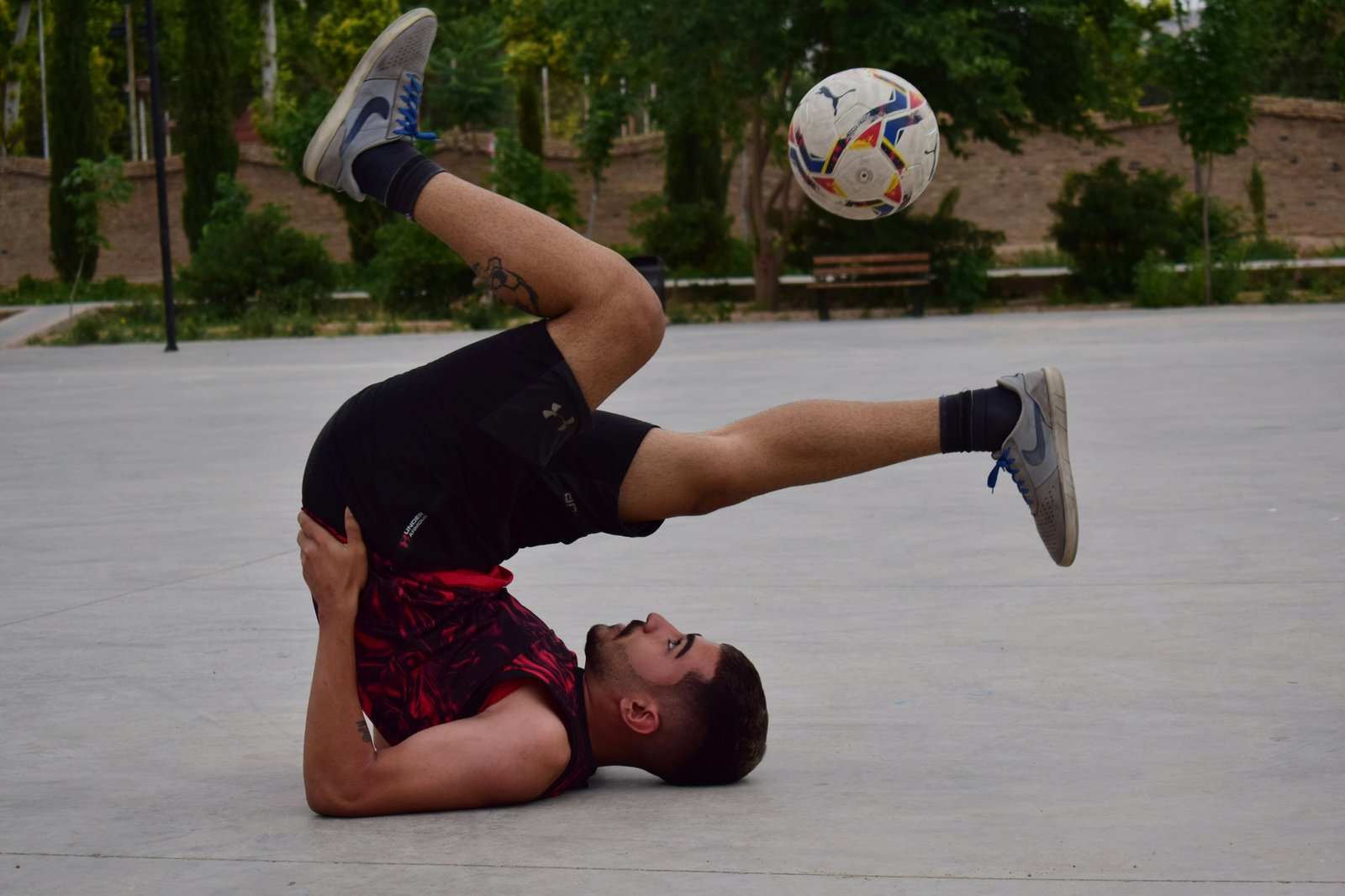1. Improved Core Strength
At the heart of Pilates is a focus on core strength. The exercises target the deep abdominal muscles and stabilizers around the spine, leading to improved core stability. This enhances an athlete’s ability to generate power from their center and maintain balance, which is crucial for sports performance.
2. Enhanced Flexibility
Pilates emphasizes a full range of motion in joints, promoting flexibility throughout the body. Athletes often suffer from tight muscles due to repetitive training. Pilates helps to lengthen these muscles, reducing stiffness and increasing agility, which is essential for peak athletic performance.
3. Injury Prevention
One of the significant benefits of Pilates is its ability to prevent injuries. By strengthening the core, improving flexibility, and promoting balanced muscle development, Pilates helps athletes avoid common injuries related to muscle imbalances and overuse.
4. Better Posture
Good posture is vital for athletes, as it can affect breathing, movement efficiency, and overall biomechanics. Pilates focuses on aligning the body correctly, which translates into better posture both in daily activities and during sports. This alignment helps prevent strain and maximizes performance.
5. Enhanced Mental Focus
Pilates is not just physical; it also enhances mental focus. The exercises require concentration, control, and precision, which can improve an athlete’s mental discipline. This mental clarity and focus are transferable to any sport, helping athletes stay sharp during competitions.
6. Increased Balance and Coordination
Many Pilates exercises are designed to challenge and improve balance and coordination. For athletes, these skills are crucial. Enhanced balance and coordination can lead to better performance in sports that require precise movements and stability, such as gymnastics, basketball, and skiing.
7. Better Breathing Techniques
Proper breathing is a cornerstone of Pilates. Athletes learn to control their breath, promoting efficient oxygen flow and enhancing endurance. Better breathing techniques can help manage fatigue during intense physical activity and improve overall athletic performance.
8. Rehabilitation and Recovery
Pilates is an excellent tool for rehabilitation and recovery from injuries. The low-impact nature of Pilates exercises makes them suitable for athletes recovering from injury. Pilates helps maintain strength and flexibility during the healing process, facilitating a faster and more complete recovery.
9. Functional Strength
Unlike traditional weight training, which often isolates specific muscles, Pilates focuses on functional strength—strength that is useful in everyday movements and sports activities. This approach helps athletes perform better in their sports by improving the overall functional capability of their bodies.
10. Enhanced Body Awareness
Pilates increases body awareness, teaching athletes to recognize and correct poor movement patterns. This heightened awareness can lead to improved technique in their sports, reducing the risk of injury and enhancing overall performance. Athletes can transfer this improved proprioception directly to their sport, gaining a competitive edge.

